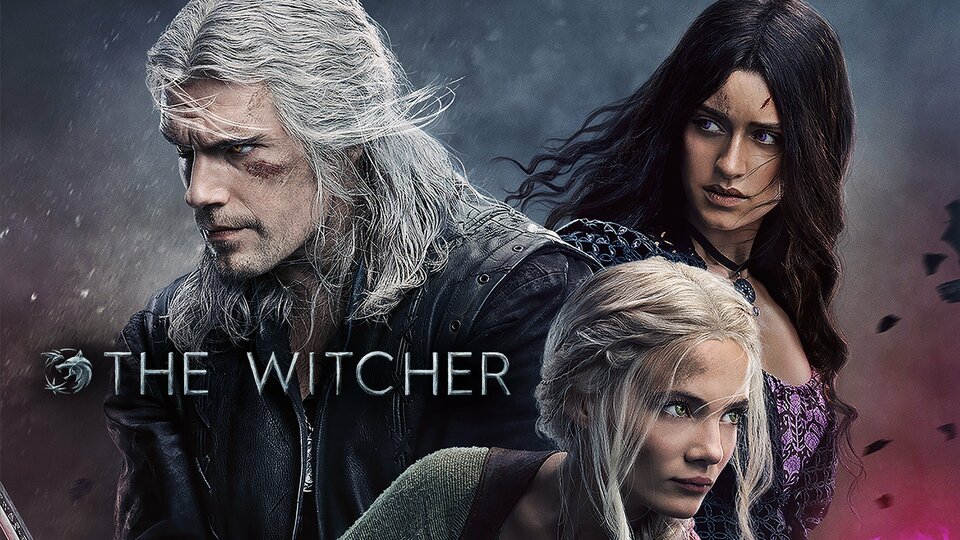Photo Credit:
Netflix's "The Witcher" series continues captivating audiences across Europe with its thrilling adventures and complex characters, solidifying its position as a standout fantasy show in recent years. Based on Andrzej Sapkowski's beloved book series, "The Witcher" has managed to translate the intricate lore and rich world-building of the source material into a visually stunning and narratively compelling television experience. The show's unique blend of high-stakes drama, intricate political intrigue, and supernatural elements has resonated with viewers, drawing a diverse audience that spans multiple countries and demographics.
One of the primary reasons for the show's success is its protagonist, Geralt of Rivia, portrayed by Henry Cavill. Cavill's embodiment of the stoic, morally ambiguous monster hunter has been widely praised for its depth and nuance. His portrayal brings a humanity to Geralt that anchors the series, making him a relatable and compelling character despite the fantastical setting. This strong central performance, combined with a talented supporting cast, helps to elevate the series above other fantasy offerings.
The show's production values are another significant factor contributing to its popularity. "The Witcher" boasts impressive special effects, meticulously designed costumes, and breathtaking cinematography that vividly brings the world of the Continent to life. Each episode is crafted with a level of detail that immerses viewers in the story, from the sprawling landscapes to the intense battle scenes. This dedication to high-quality production has set "The Witcher" apart from many other fantasy series, making it a visual feast for fans of the genre.
Narratively, "The Witcher" stands out for its complex storytelling. The series weaves multiple timelines and perspectives, creating a tapestry of interconnected stories that gradually reveal the larger picture. This nonlinear approach requires viewers to pay close attention, rewarding them with a deeper understanding of the characters and their motivations as the plot unfolds. The intricate plotlines explore themes of destiny, power, and morality, engaging audiences on an intellectual level while still delivering plenty of action and excitement.
Moreover, "The Witcher" has successfully tapped into the growing popularity of fantasy as a mainstream genre, following in the footsteps of shows like "Game of Thrones." Its European roots give it a distinct flavor, drawing on Slavic mythology and folklore to create a world that feels both familiar and refreshingly different. This cultural specificity adds an extra layer of richness to the series, setting it apart from other fantasy narratives that often draw from more generic Western tropes.
In conclusion, Netflix's "The Witcher" continues to captivate European audiences through its compelling characters, high production values, and intricate storytelling. The series has carved out a unique niche within the fantasy genre, blending traditional elements with innovative narrative techniques and a distinctive cultural backdrop. As the show progresses, it promises to delve even deeper into the lore and characters that have made it a standout hit, ensuring that viewers remain enthralled by the adventures of Geralt and his companions.


